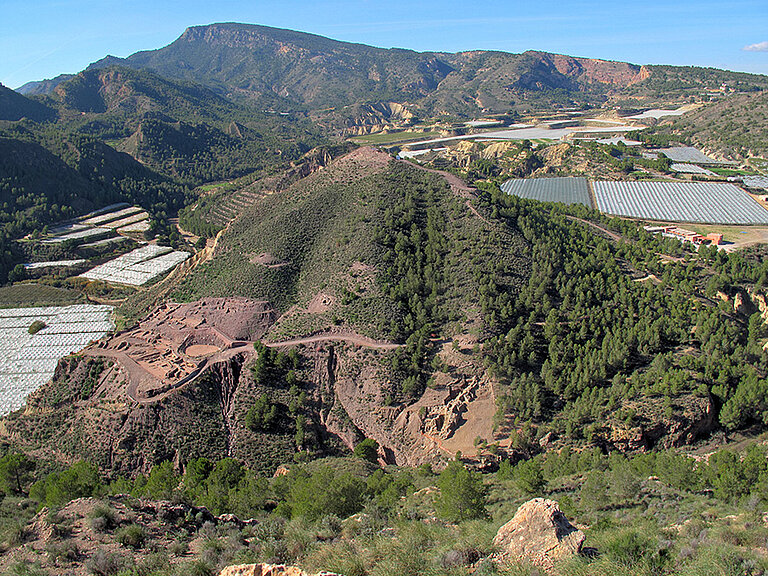Genetic Changes in Bronze Age Southern Iberia
DNA from 136 ancient Iberians reveals genomic and social transformations during the Copper Age to Bronze Age transition in southwestern Europe

The third millennium BCE brought about substantial transformations that are visible in the cultures of Bronze Age Europeans. A new study led by researchers from the Max Planck Institutes for the Science of Human History (Jena) and Evolutionary Anthropology (Leipzig), and the Universitat Autònoma de Barcelona documents the arrival of new genetic ancestry to southern Iberia, concomitant with the rise of the Early Bronze Age El Argar culture around 2,200 BCE.
Publication: VANESSA VILLALBA-MOUCO, et al., Genomic transformation and social organization during the Copper Age–Bronze Age transition in southern Iberia, SCIENCE ADVANCES (2023). DOI: 10.1126/sciadv.abi7038
Original Story Source: Max Planck Institute for Evolutionary Anthropology

 Alerts Sign-up
Alerts Sign-up